China and the U.S. will hold arms control and non-proliferation consultations at the director-general's level in Washington DC next week. The Chinese delegation will be led by the head of the Department of Arms Control of China's Foreign Ministry, Chinese Foreign Ministry spokesperson Wang Wenbin said at a regular press briefing on Thursday.
As we mentioned the other day about the visit to the U.S. by Member of the Political Bureau of the CPC Central Committee and Foreign Minister Wang Yi, China and the U.S. agreed to hold a number of consultations soon including on arms control and non-proliferation, an area in which China stays in close contact with the world's major countries, said Wang Wenbin.
According to the agreed agenda, our two sides will exchange views on a wide range of issues such as the implementation of international arms control treaties and non-proliferation, the spokesperson noted.
The U.S. wants to engage in nuclear arms control consultations with China to assess China's nuclear capabilities and prevent the development of new nuclear forces, Song Zhongping, a Chinese military expert and TV commentator, told the Global Times on Thursday.
The U.S. is currently upgrading its nuclear triad, as it is concerned about other countries surpassing its own capabilities. Therefore, the U.S. hopes to use nuclear negotiations to prevent other countries from developing, rather than genuinely seeking global nuclear strategic balance, Song said.
The upcoming consultations between the two sides come after the U.S. Department of Defense released a report on China's military development last month, which speculated on a major expansion of China's nuclear arsenal, as the Pentagon claimed that China now has more than 500 nukes and possibly double that to more than 1,000 by 2030.
On October 25, Wu Qian, a spokesperson for the Ministry of National Defense, criticized the U.S. report for its disregard of facts and distortion of China's national defense policy and military strategy. The report wildly speculates on China's military development in the nuclear, space, and cyber domains, and interferes in China's internal affairs on the Taiwan question, Wu said.
China has to build a strong military in the face of a severe and complex international security environment, and the Chinese military will never remain idle while the country's sovereignty, security, and development interests are at risk, and will never allow anyone or any force to invade or split China, Wu said. He noted that China's military development "targets no specific countries or objectives" and is "legitimate, legal, reasonable and moderate."
China has always maintained its nuclear forces at the minimum level necessary for national security and has always committed to maintaining global strategic security, however, the U.S. is manipulating the "nuclear" issue, playing with "nuclear double standards" as an excuse to expand its nuclear arsenal and maintain military hegemony, Wu stressed.
Song noted that the number of China's nuclear weapons is nowhere near the level as that of the U.S. and Russia.
"It's fine to exchange views, but the U.S. is in no position to pressure China," Song said.
The Chinese Foreign Ministry stressed in a press briefing in May that "China is firmly committed to a defensive nuclear strategy and the only nuclear weapon state to pledge 'no first use' of nuclear weapons and not to use nuclear weapons against non-nuclear weapon states or nuclear-weapon-free zones."
It is hoped that the U.S. will abandon its expansion of global hegemony through providing so-called nuclear umbrellas to other countries and commit to a "no first use" policy, making the world a peaceful place, Song said.











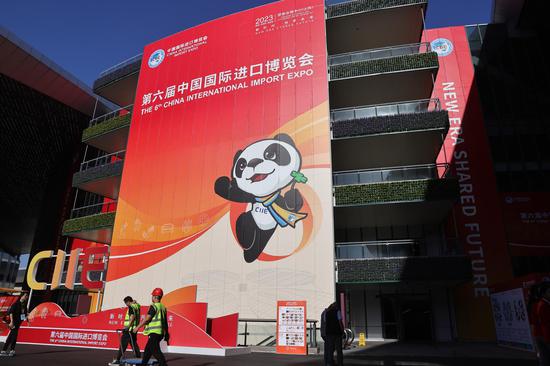
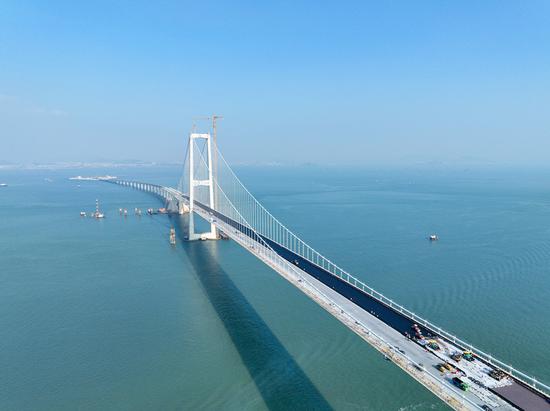


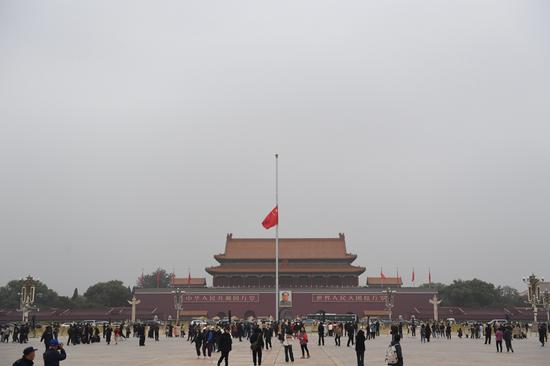

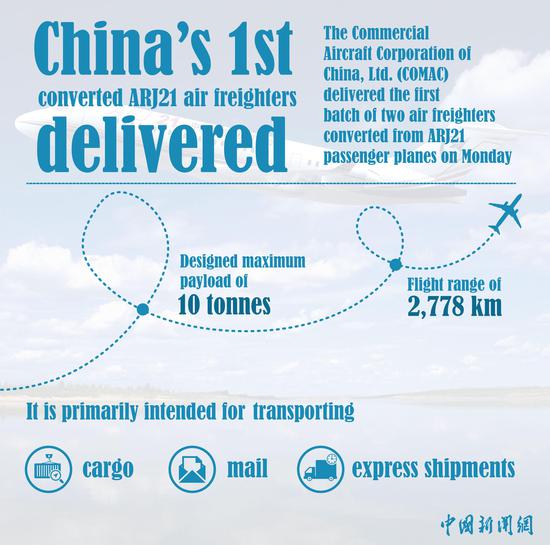

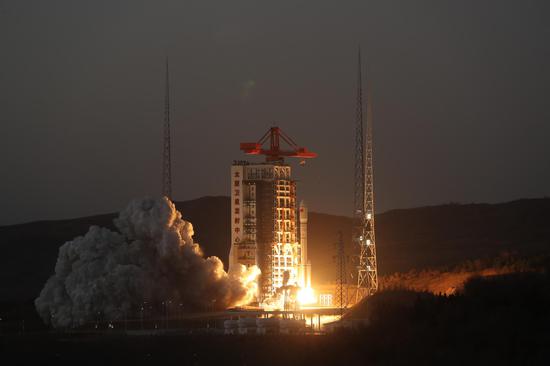

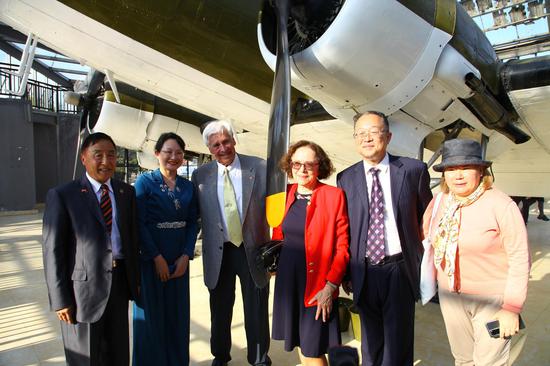



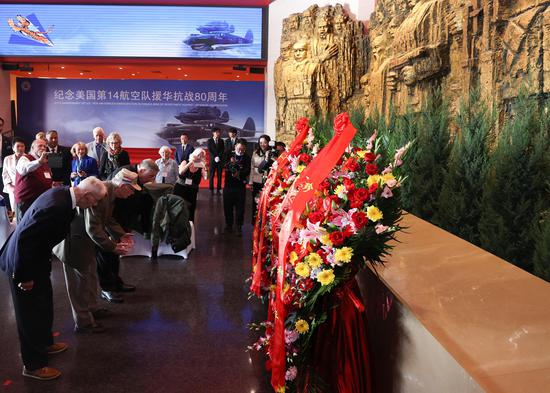


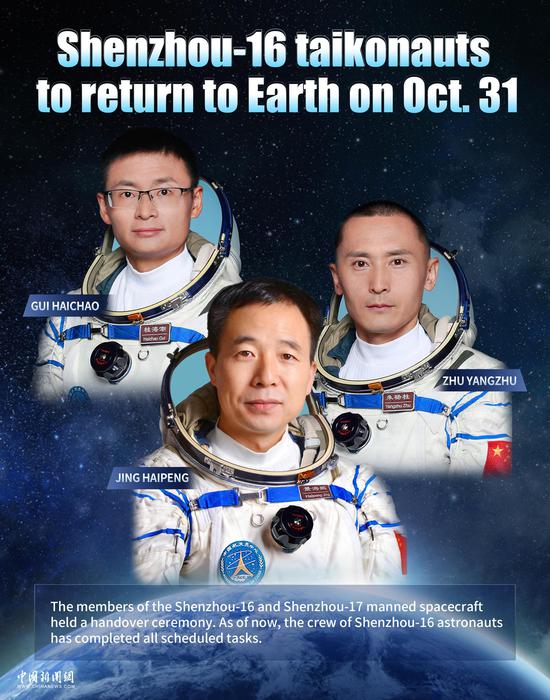

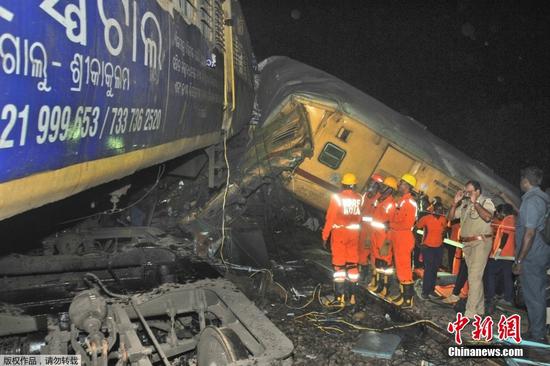




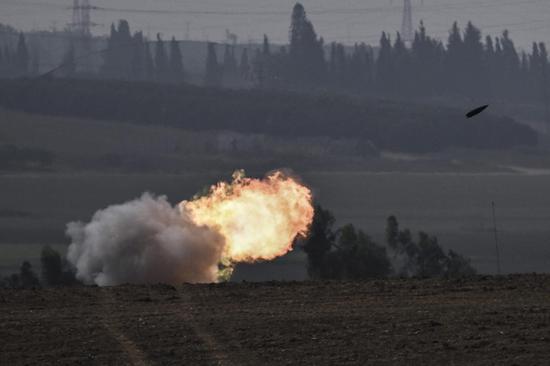

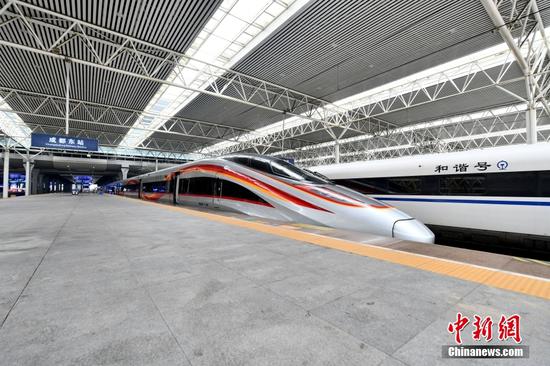





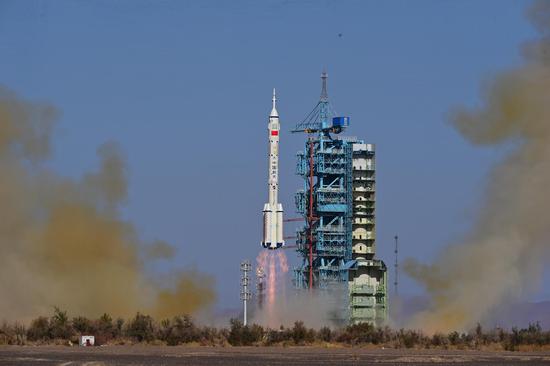
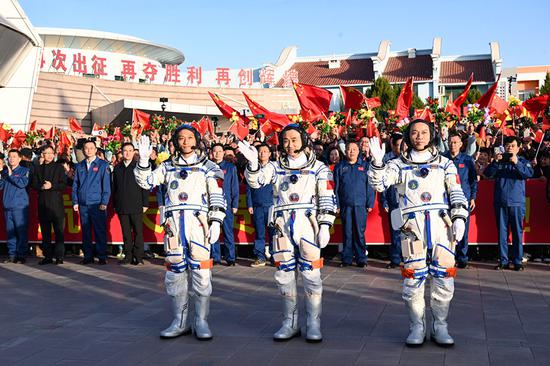





 京公网安备 11010202009201号
京公网安备 11010202009201号